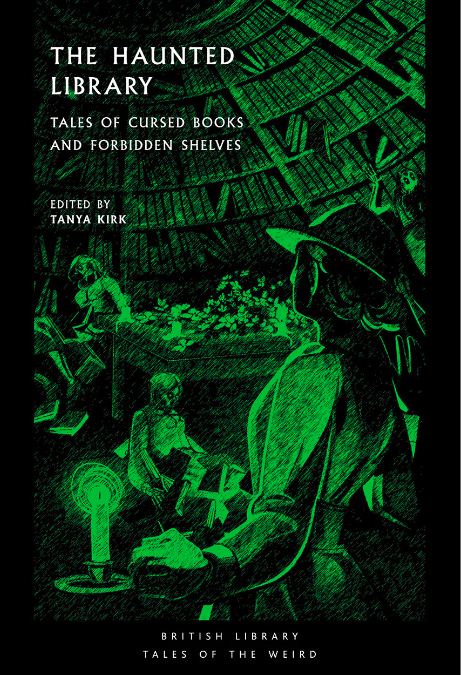At the end of my 1863 calendar series I wrote the following:
May this parish stand as a type of all the parishes we have looked at during the last year. Its priest will fast from midnight on Saturday until nearly 12.00 on Sunday because he says Masses for his parishioners. He offers them Vespers on Sunday so that they can join in at least part of the Office beyond Mass. He instructs potential converts; he baptises the children of parishioners, and churches their mothers. He offers non-liturgical services, and, perhaps most importantly of all, he makes arrangements to hear their confessions, with particular emphasis on the confessions of children, and remembers the benefactors who make all of this possible by offering Mass for them every week. Here is the outward extension of the local Church which is the Diocese, far from Rome in distance, but teaching and confirming the faithful in their religion, exactly the same religion as was taken from their forefathers four hundred years previously, and using, with a small number of variations, the calendar which had governed the life of that Church throughout the period of the great persecutions of those four centuries. God Bless all good priests, as they are blessed by those whose faith they confirm, and God Bless them for increasing the number of those who have such faith!
I will leave this series with two thoughts: first, the old calendar, the old concept of the calendar, in which the rampant sabbatarianism of the worship of Sundays in the abstract is totally missing, is a better integrated, more human, less didactic, unclericalised, popular way of linking the Church's year to the seasons and to the lives of the faithful.
The second is how much the life of the Church depends on priests in parishes, and on those in religious life who support them, rather than on Bishops, Cardinals, or Popes. If we pray a lot, have lots of children, bring them up in the Faith, and are prepared to give them all to God if they have a call from Him that they will answer positively, we will be able to recreate a Church in England and Wales as holy and fruitful as it was in 1863.
I want to make an additional point today, though I stand by my comments of two years ago: that with the exception of Vespers and Instruction, which had both largely disappeared before the calamitous changes of 1911, most parishes, in most of the country, are managing to do pretty well as well as their predecessors 160 years ago, in terms of keeping their Catholic flock supplied with what they need, under God, to be saved. There has been an awful reduction in Confession, which reflects something larger than parish praxis but I am particularly pleased that my last three parishes were Franciscan, Dominican and Jesuit respectively, and the three orders are as faithful today to their mission to the faithful as they were in 1865.
The two comments at the end of last week's post are particularly relevant - at least I think so. Why isn't the calendar something traditionalists discuss and argue about? Why have they allowed 1962 to become a defining norm?
And what about the stoic Catholicism Mike Cliffson describes? What was it like to live for generations with little if any recourse to the Sacraments? These are deep waters few of us ever explore.
More soonish, however, about the dreadful consequences of the Reformation and the French Revolution which are part of this whole sorry tale about the attack on the calendar.
Subscribe to:
Post Comments (Atom)















































No comments:
Post a Comment